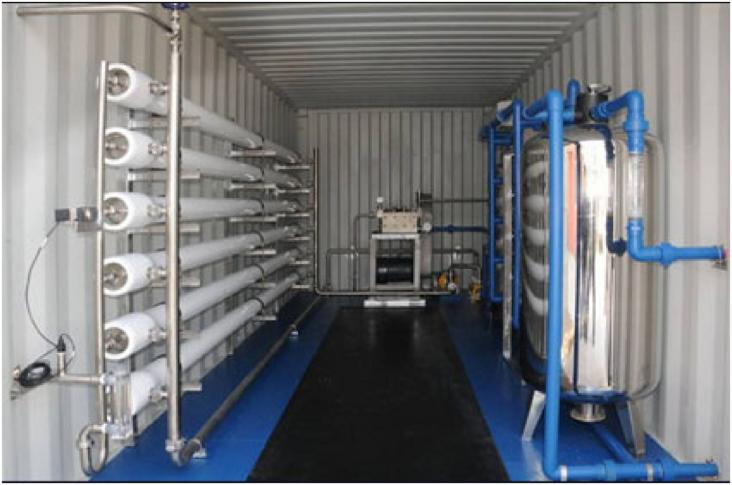
Many inhabited Greek/Mediterranean islands are unsustainable without mainland support due to lack of access to clean water and energy. This case study establishes the feasibility of sustainable green energy solutions for these settlements.
Change the paradigm in medical education: "the climate change generation"

This paper provides a methodology for the holistic analysis of hybrid renewable energy systems in rural communities.
A 24-hour waste audit in the Emergency Department of a suburban community hospital to identify waste content, estimate environmental impact and explore avenues for improvement in waste disposal.
Nature prescription for planetary health
A declaration from regional, national, and international pediatric organizations—together with multidisciplinary child health professionals, child advocates, youth, and families—to address the climate crisis and its adverse effects on child health.
Elsevier,
Contamination of Water, Health Risk Assessment and Treatment Strategies, 2021, Pages 99-107
Pesticides have the potential to contaminate groundwater resources and have become a serious concern worldwide. In this chapter, we have discussed the mechanism of pesticide pollution along with its trajectory from the land surface into aquifers. Additionally, the harmful effects of pesticides on human health and promising remedies for reducing pesticide pollution have also been discussed.
Elsevier,
Clean Energy and Resources Recovery, Biomass Waste Based Biorefineries, Volume 1, 2021, Pages 1-24
This chapter advances SDG 7, 11, and 13 by presenting the different ways valorizing agricultural residues for energy production, as a sustainable alternative to carbon emitting fossil fuels, while simultaneously reducing agricultural waste products.
Elsevier,
Methods in Sustainability Science, Assessment, Prioritization, Improvement, Design and Optimization, 2021, Pages 13-26
This book chapter advances SDGs 11 and 13 by providing useful information for multisector institutions, especially for governments on how to plan future programs for socializing and promoting SDGs as one tool for creating sustainable businesses, as well as for protecting the environment, and improving society’s welfare.
